Electrical Accessories
Cruise control, clock, warning lights, body control module, keyless entry, wiper motor or washer, tire pressure monitor, interior or exterior lights, horn, gauges, 12V power plug, USB ports, alarm or security system, remote engine start, heated or cooled seats, heated steering wheel, headlights, automatic headlights, automatic wipers, wireless charging pad.
What Owners Say
"Couldnt start the car due to battery failure. Need a battery pack to start. Warning is brake failure instead of 12v battery low"
Anonymous, ON (2019 Hyundai Ioniq Plug-in Hybrid 1.6-L 4 Cyl plug-in hybrid)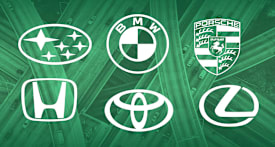
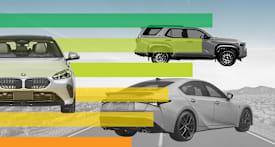

















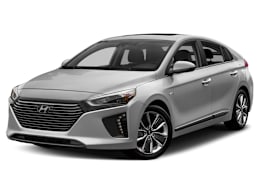
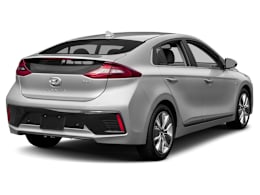
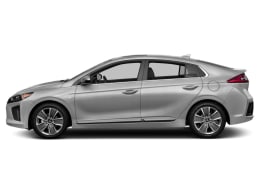
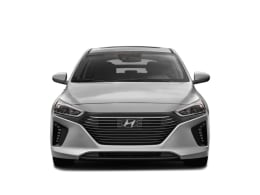
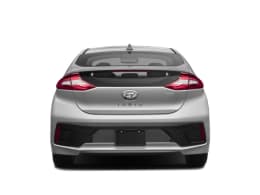
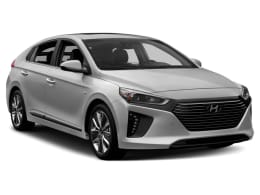
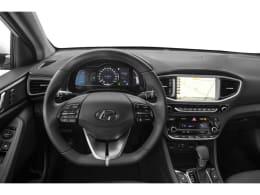
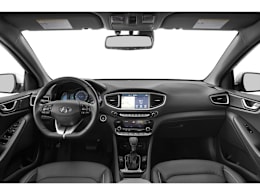

"$350 for a 12V that has to be replaced almost yearly"
Anonymous, CO (2019 Hyundai Ioniq Plug-in Hybrid 1.6-L 4 Cyl plug-in hybrid)